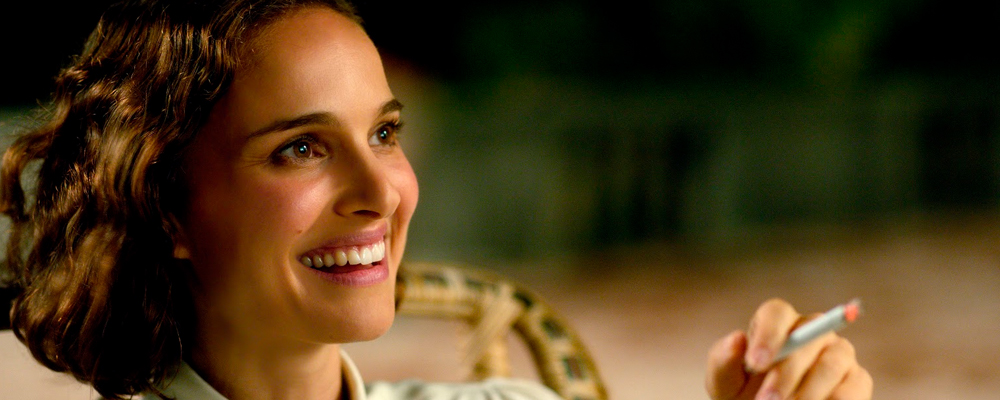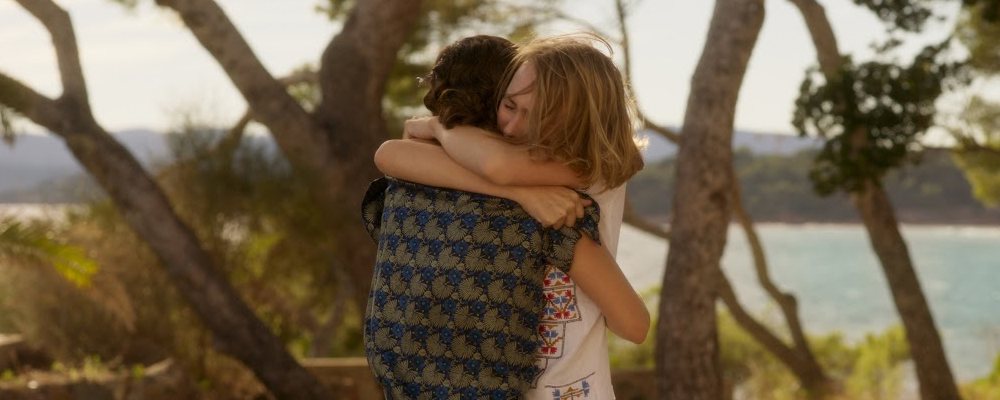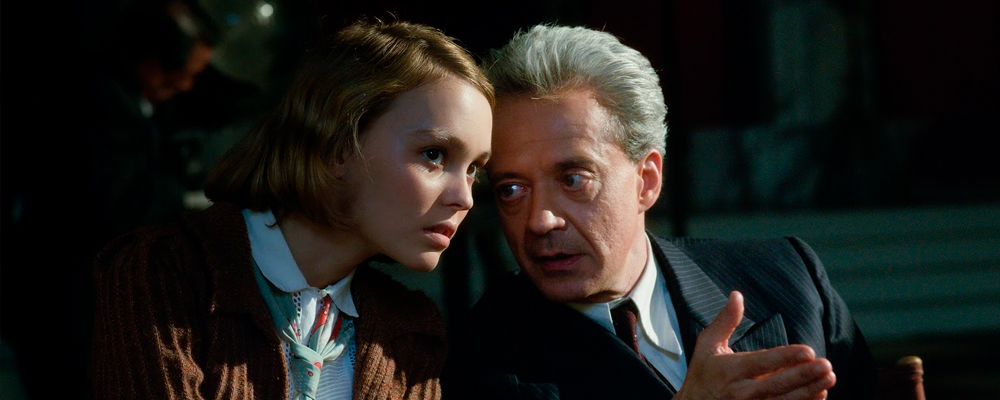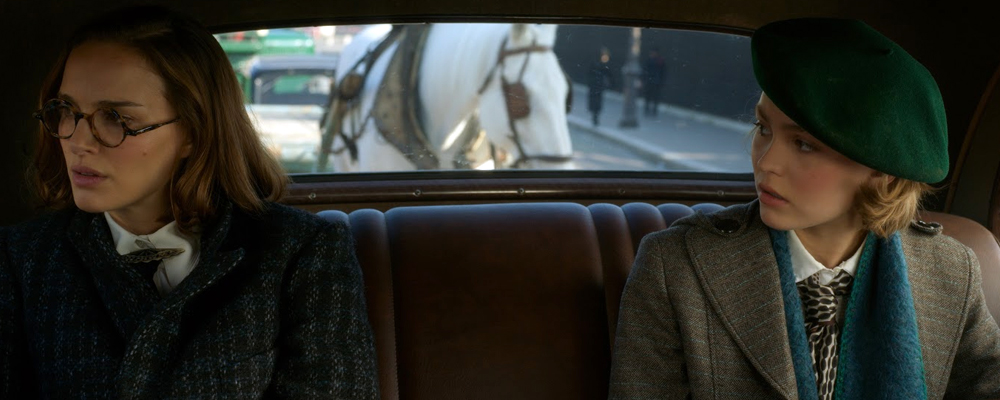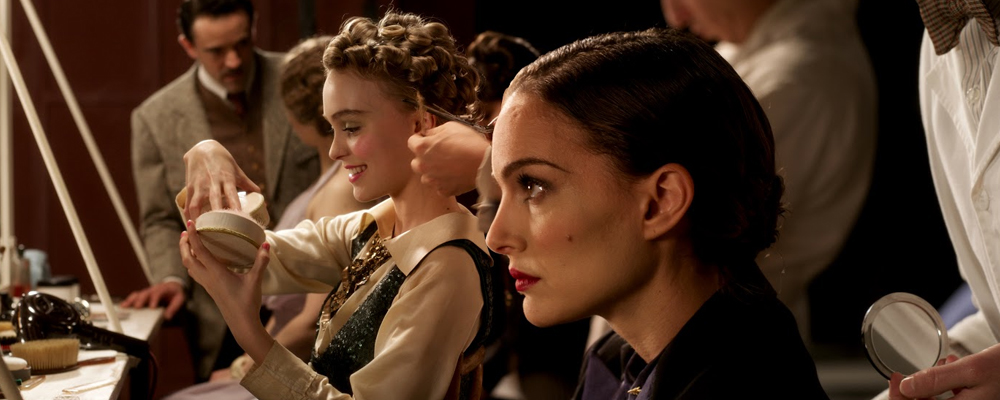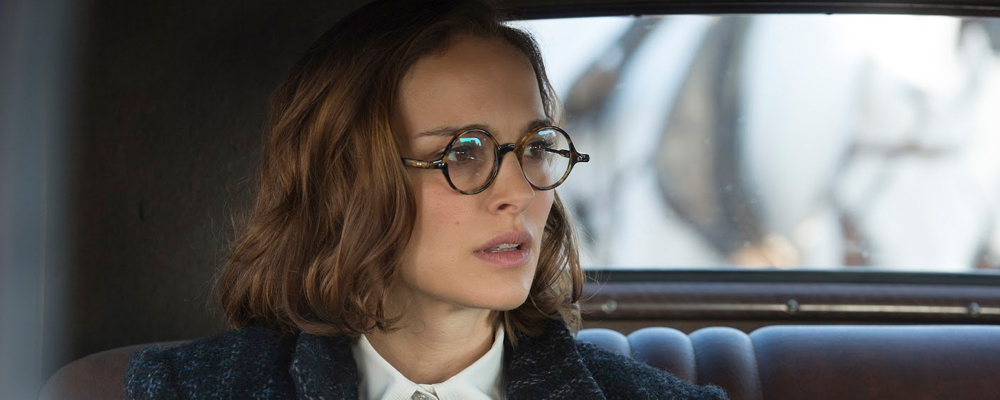We Are All Ghosts of Tomorrow Through the Lens of ‘Planetarium’
Tony Sokol
When moviegoers hear a film is about psychic mediums and the media, their minds drift to horror films like “Poltergeist” or “The Conjuring.” They imagine malevolent ghosts and angry spirits from the past causing paranormal investigators to rip off their faces in the middle of the night. “Planetarium” is not one of these movies. Closer in feel to, what this reviewer believes, will be remembered as a romantic classic, Rebecca Zlotowski’s psychological suspense film is intimate. It is understated. “Planetarium” is a beautifully shot film that really isn’t very scary at all. The French production, starring Natalie Portman, Lily-Rose Depp and Emmanuel Salinger, is haunting, more than haunted.
Yes, there are malevolent spirits, and we see the apparatus of ghost hunters. But it comes from a more personal obsession which leads to merging motion pictures with mysticism. The film follows two sisters with psychic gifts, Laura Barlow (Portman) and her younger sister Kate (Depp), on tour in France. They capture the attention of producer André Korben, played by Salinger, a member of the state film ministry, who wants to put them in motion pictures. Laura and Kate become more than artistic muses for him. The sisters talk to the dead, and the producer believes the phenomenon can be caught on film and make for movie magic. “Planetarium” implies there is a spiritual connection between magic and movie making.
“Absolutely,” filmmaker Zlotowski tells Entertainment Voice. “The process is the same. They both take their origins in beliefs, faith, expectations, rites and entertainment.”
Co-written by Robin Campillo, “Planetarium” is Zlotowski’s third feature film. Her debut “Belle Epine (Dear Prudence)” won the Prix Louis Delluc and Critics Award for Best First Feature Film at the 2010 Cannes Critic’s Week. “Planetarium” is as much a love letter to the possibilities of motion pictures as it is a search for spiritual meaning on the eve of World War II. Laura comes across dramatically on film and Korben believes he finds celluloid redemption. Zlotowski weaves a thread through generations of classic films. The movie evokes subtle suspense thrillers like the cult favorite “Carnival of Souls,” while drawing from international masterworks of all genres.
“I love ‘Carnival of Souls,’” Zlotowski agrees. “With my artistic director J.R. Partel and my DP George Lechaptois, we had a lot of images in circulation. Visually, Bernardo Bertolucci’s “The Conformist” has been a huge inspiration for how the 30s were modernly filmed. For other aspects of the film, especially a certain subtext of homosexuality, “Cabaret” by Bob Fosse is a huge inspiration as well. I adore Bob Fosse. In France, Arnaud Desplechin’s “Esther Kahn,” even if it is set in the late 19th century, was with us every day, especially with the music.”
The film is poetic, both in the language of the players and the loving frames of the camera. Little touches, like dogs with asthma who bite their owners, casually brand it very French. The acting is superbly downplayed. Portman’s eyes transmit tragedy, even during some of the most celebratory scenes. Depp sucks the marrow of life even as she sucks on the tits of death, her eyes rolling up in her head as she confers with the heavy breathing spirits. Upon coming out of trance, Salinger is so full of wonder he sounds like a little kid. Even as rumors spread about him, like a porno film appearance that is clearly another actor or the dubious footage his cameras catch, he loses none of the passion of his belief. The mesmerizing film opens with a hypnotic sequence that induces an altered state through rhythmic breathing. The silver cords of the astral state were tugged by the strings of the silver screen.
“I love ‘I Walked with a Zombie’ (1943) from Jacques Tourneur,” she says, adding the “French title is even more beautiful. It is ‘Vaudou.’ All the trance states come from there, but also the interpretation of the actors Lily Rose, Natalie and Salinger.”
In a case of love at first trance, Korben awakens convinced he has met the woman of his dreams. A growing love quadrangle between the widowed film minister, his dead wife and the two sisters argues there’s nothing worse than cheating on a dead person. But when Korben tries to sleep off his supernatural encounter, he is set upon by a cloaked figure who grasps at his throat. The film leaves this a mystery.
“He kept the trace of the ghost who tried to kill him,” she says.
The film isn’t scary, except for the very real horror of leukemia. The director is frightened of more mundane occurrences.
“The sea, the old stones, the mountain, the wind, the storm,” she says. “Seeing people wash their teeth in front of me.”
Regardless of her skepticism, Zlotowski firmly believes people can make a connection with the dead.
“Yes, but only through cinema,” she concludes.
“Planetarium” opens in theaters Aug. 18.

